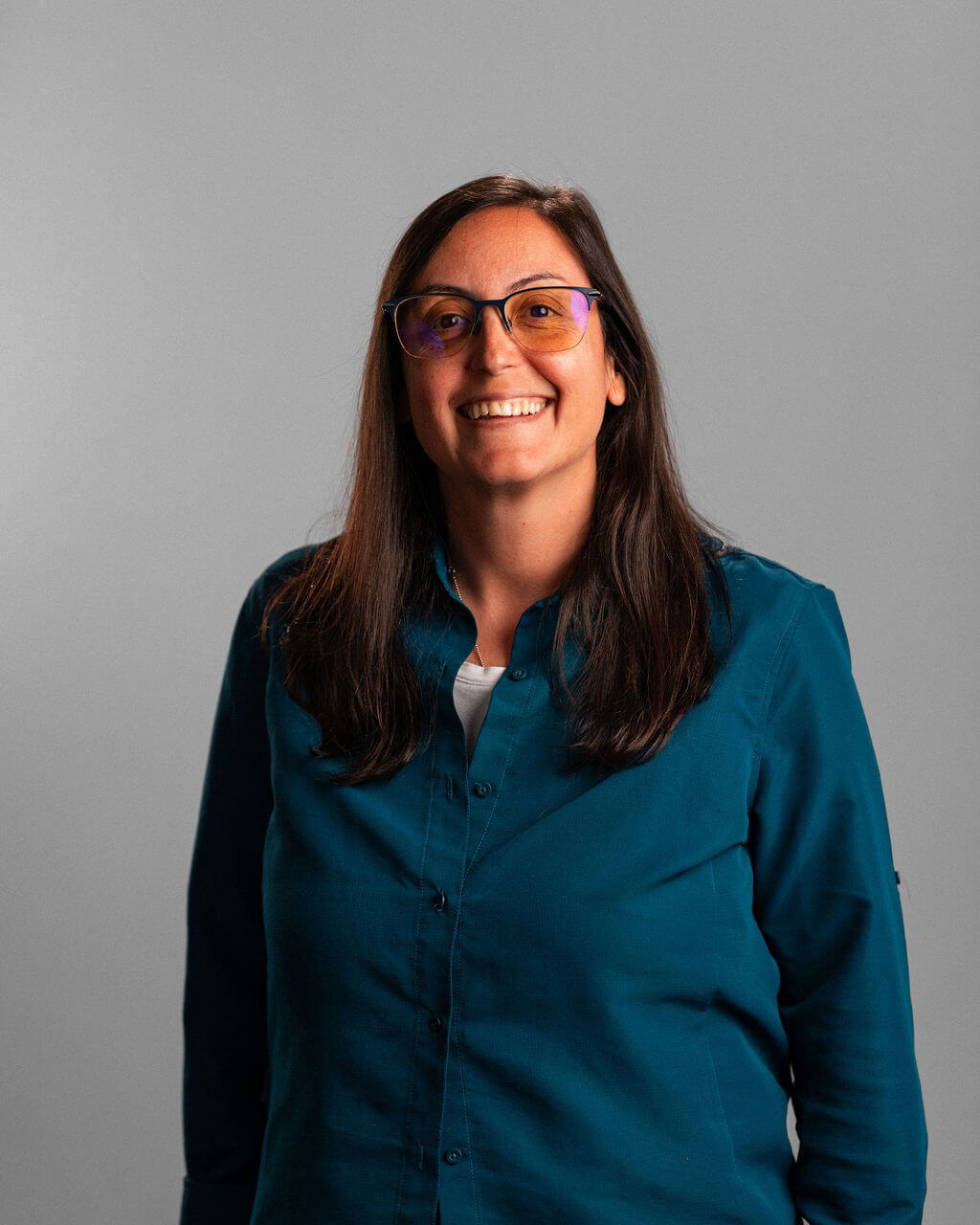Addiction remains one of the most pressing public health issues, one requiring a workforce of well-trained mental health professionals who are compassionate and grounded in evidence-based practice.
For Adler University professor Elvita Kondili, Ph.D., addressing that need is personal. With more than two decades of experience in addiction and mental health counseling, she has seen firsthand how difficult it can be for graduate students to translate classroom learning into effective clinical work.
At Adler, she works every day to bridge this gap — helping students translate theory into clinical confidence. This same mission inspired her latest project: Fundamentals of Addiction Counseling: An Introduction to Clinical Practice, a new textbook she co-authored with Nancy G. Calleja, Ph.D., of the University of Detroit Mercy.
“Most textbooks are either too basic or too advanced,” said Dr. Kondili, who teaches in the Doctor of Philosophy in Counselor Education and Supervision program. “Our goal with this book was to empower students not just to learn addiction counseling, but to practice it well with compassion, skill, and confidence.”
The book explores core topics such as the effects of psychoactive substances, assessment and diagnosis, treatment modalities, and ethical considerations. It also addresses some of today’s most critical challenges, including opioid addiction, integrated health care, and working with involuntary clients.
To further ensure students can apply what they learn, the authors created a companion guide — the “Clinical Practice Manual” — filled with case studies, reflection questions, and activities designed to help students connect theory to real-world application.
“This hands-on approach is about giving students the confidence to interact with clients, identify what’s happening, and apply appropriate interventions,” said Dr. Kondili. “It’s about equipping them to walk into the field ready to make an impact.”
She recalled a supervision session with a graduate student who had been struggling to connect theory with clinical work. After using concepts that are now outlined in the textbook, the student was able to structure their case, apply interventions, and reflect more deeply on ethics. This is the first mention of ethics – please describe, ethics of practice/application/advice/what?
“Watching them gain that confidence in real time was a reminder of why we wrote this book,” said Dr. Kondili, who is a clinical therapist in private practice. She has worked across a wide range of treatment settings and specializes in working with substance and behavior addictions, including motivational interviewing, medication-assisted treatment, and trauma-informed therapy.
Dr. Kondili hopes educators, including those at Adler, utilize the textbook, which offers more than content and classroom assignments. It aligns very well with the University’s institutional values of transforming systems and community health.
“What makes this book particularly valuable is its integration of diverse perspectives,” Dr. Kondili said. “Addiction doesn’t exist in isolation. It’s shaped by culture, systems, and community. That’s why Adler’s mission resonates so strongly. We’re preparing students to meet today’s challenges in ways that truly change lives and strengthen communities.”
